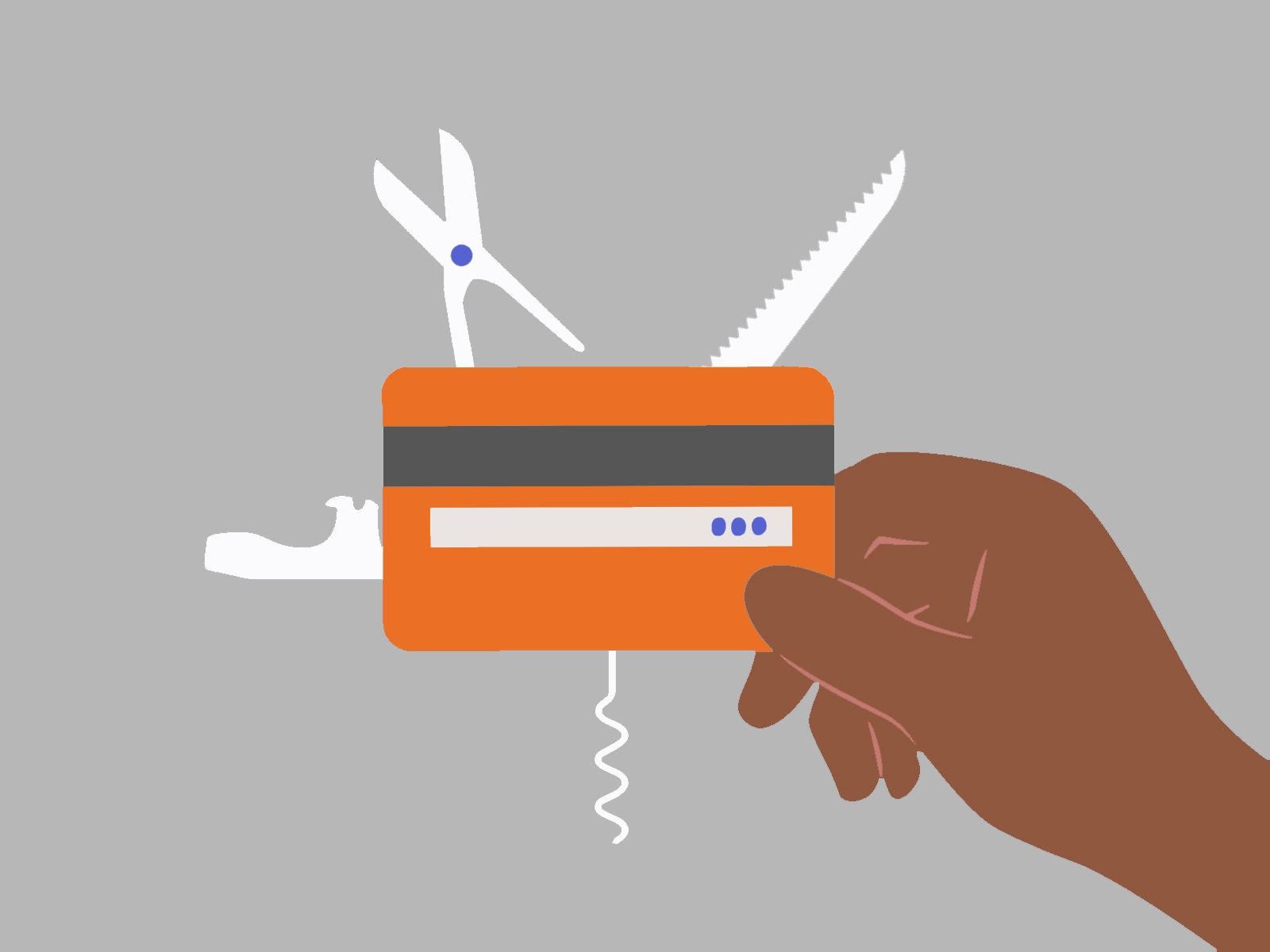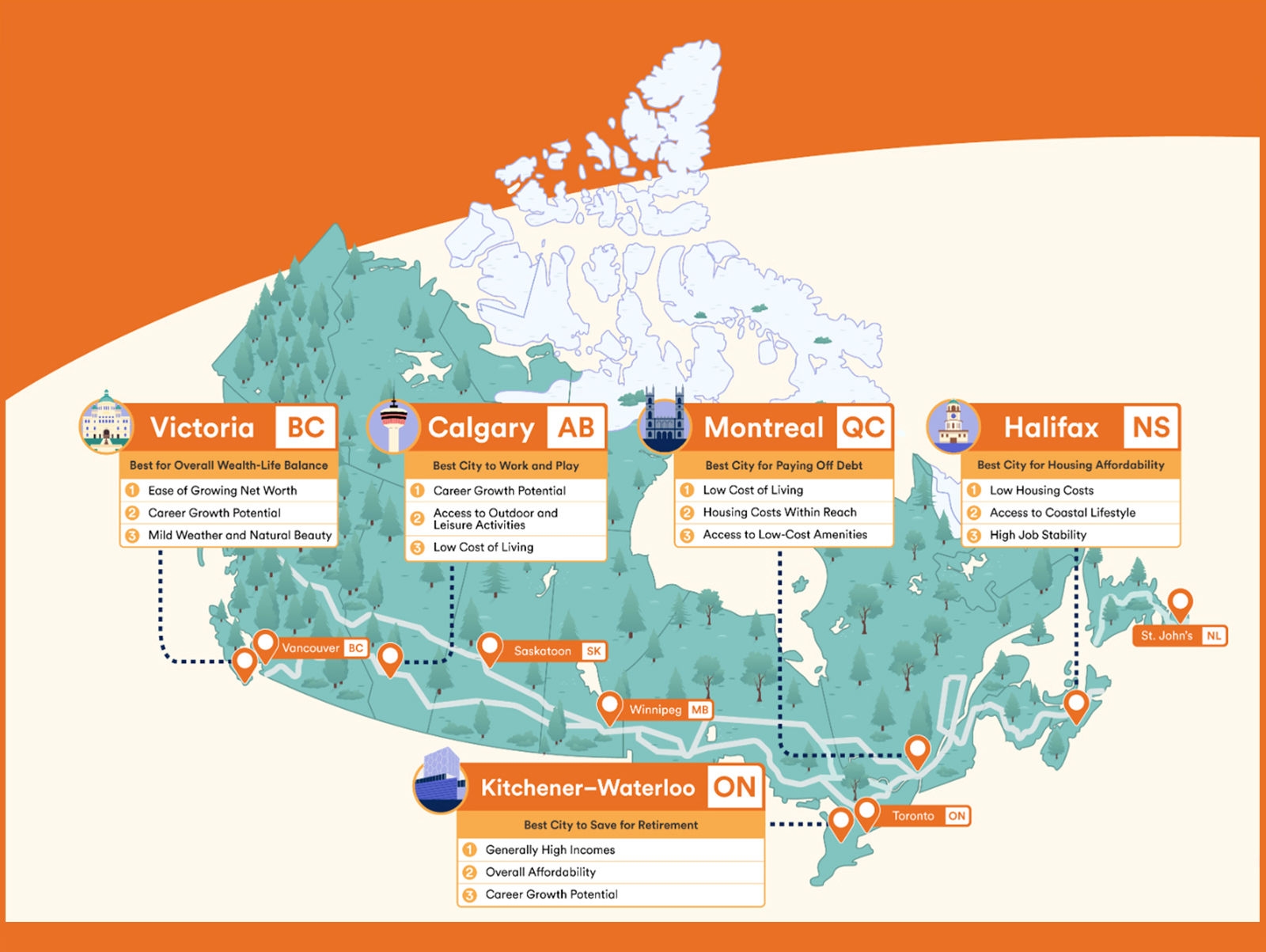Think before you click: Quick tips to protect yourself from scams
Protect your PINs and passwords
Got a great password? Now make another one. And another. That's it. Aim to use a different passcode for each of your online accounts – that makes you better protected in case of a data breach.
Keep them a secret
Shhh. 🤫 There's only person that should know your PIN or password, and that's you.
Make them unguessable
Nope, 123456 just won't cut it as a PIN, and Password1234 is one bad password. What about T6%fWv78!zYQ? Now you're talking. Of course, unguessable codes are often unmemorable, which is where password management apps can come in handy.
Set up 2-Step Authentication
In addition to a secure login, an increasing number of websites and apps have introduced a second layer of security with 2-Step Authentication, and this is also now a part of banking with Tangerine. In addition to entering your set login information, you also need to provide a unique security code that's sent to your pre-registered phone. It helps prevent login by anyone other than you.
Logged on? Log off
Closing a browser window isn't good enough. Once you've used your PIN or password to access any secure website that contains your personal information, be sure to log out before moving on.
👉 Tangerine will never send you an email or text message asking for your Client Number, Account Number, Credit Card Number, Secret Questions or PIN.
Stay up to date
Yes, those frequent prompts to update to the latest version of every app and operating system can be a pain. But malicious software often takes advantage of security flaws in outdated apps to infect devices and steal data. If you turn on automatic updates, you'll always have the latest protections.
Especially anti-virus software
A good anti-virus suite can protect against ransomware, spyware and other potential threats. Keeping these updated is a must! And don't forget a firewall — which manages the traffic going in and out of your computer, and is best used hand-in-hand with anti-virus software.
Go paperless
It's not just eco-friendly. Opting for electronic delivery of your bank statements can reduce the risk of old-school identity theft through the mail.
Stay alert(ed)
Explore the types of alerts you can set up for activity in your bank accounts. Tangerine Clients can set up Orange Alerts to help them stay on top of everything and identify anything that seems suspicious. This can help you monitor for any suspicious charges – as well as tracking your spending habits.

Being skeptical is being savvy
A healthy dose of skepticism can go a long way.
Be phishing savvy
Watch for links and usernames with sly misspellings (e.g. Google with an extra L). If an email looks official but you're unsure, avoid clicking any links or downloading any attachments and instead try visiting the site or service directly. Better yet, call their customer service to inquire.
Be phone savvy
Are your spidey senses tingling? You're right to be suspicious of unusual or urgent phone calls that ask for your personal information or login credentials. If you feel the tingle, hang up.
👉Did you know? Scammers can spoof their phone numbers, to make it look like a call is coming from a legitimate source, even your bank!
Be smishing savvy
That's SMS-related phishing, and totally not a thing we just made up. Cyber criminals sometimes text or use messaging apps like WhatsApp to try and steal information. Be wary of urgent messages asking for money or personal details, even from friends or acquaintances whose own accounts may have been breached.
Buyer beware
You can find amazing deals online, sure, but...
Be cautious with your cash
Before making a money transfer to someone you just met on a site like Kijiji or Facebook Marketplace, make sure you got what you're paying for.
And with others'
When you're the seller, it pays to be just as vigilant. Does your new Facebook acquaintance want to use an old-fashioned cheque to pay? Be careful. Even though you can deposit this cheque into your account, and watch your balance grow, that doesn't mean the money has yet been cleared by the originating financial institution. Better to opt for cash or an electronic payment.
Careful with crypto
Cryptocurrency is a growing source of fraudulent activity, so do your due diligence before giving your money into bitcoin or another virtual currency, especially if the scheme seems too good to be true. Once you make an email money transfer out of your account, there is little, if anything, that your bank can do to retrieve it.
Keep it to yourself
If you can, try to avoid connecting to public, non-encrypted wi-fi networks, which can be vulnerable to attack – though there are steps you can take to keep your information secure.
Use your inside voice
Be vigilant with information you share in public – this includes discreetly typing in your PIN at an ABM.
Keep your Social Insurance Number safe
The Government of Canada has a helpful guide on how to protect your Social Insurance Number (SIN). It also provides directions on what to do if you think someone is fraudulently using your SIN.
Learn more about how Tangerine helps you keep your banking safe at our Security Centre.









